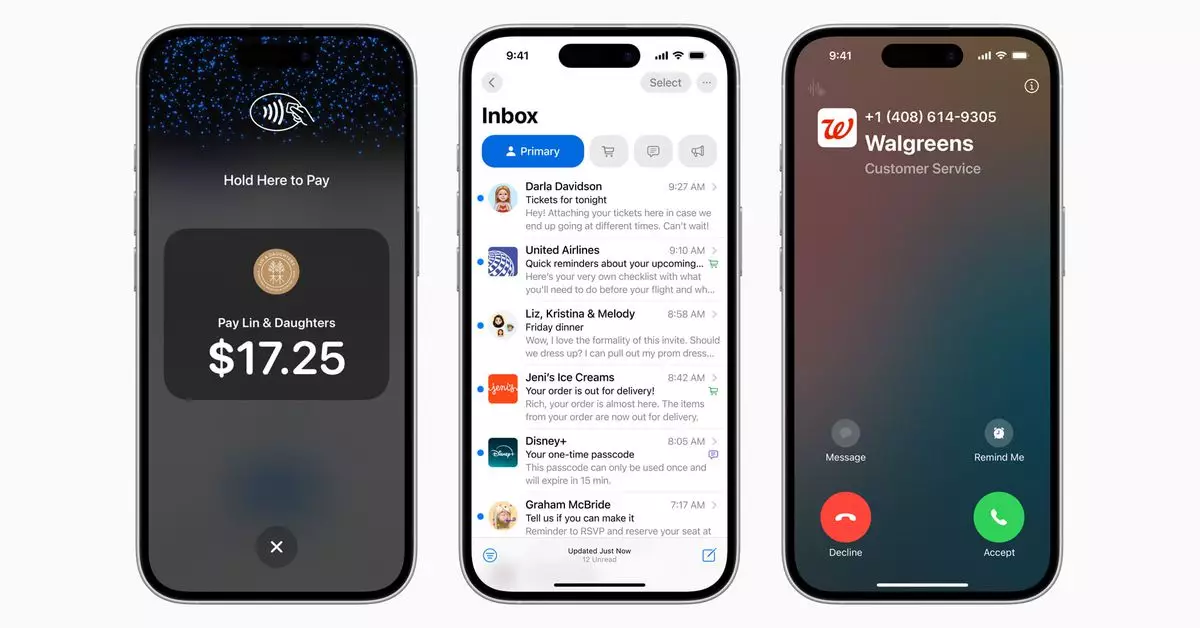Apple has been making strides in improving the way businesses interact with consumers through digital platforms. The introduction of its Business Connect tool marks a significant step towards brand customization and visibility in communications. This feature allows businesses to not only claim their information across various Apple applications but also enhance their branding through personalized logos and names. By doing so, Apple not only solidifies its control over business listings but also paves the way for a potentially new ecosystem that favors internal Apple applications over traditional search engines.
One of the most exciting aspects of this update is the introduction of branded features for emails and phone calls. Businesses can now sign up for the Branded Mail service that will enhance the identification of their emails. This characteristic becomes particularly crucial in today’s digital landscape, where consumers are bombarded with a plethora of emails. When users can instantly recognize a familiar logo or brand name, the chances of engagement significantly increase. As seen in platforms like Gmail, where authenticated logos serve a similar purpose, Apple’s initiative could set the tone for other tech giants to follow suit in improving transparency and trust in email communications.
In addition to enhancing email identification, Apple is also set to roll out a Business Caller ID feature. This intuitive tool will display the company’s name, logo, and even department on an iPhone’s calling interface. For consumers, this development is a game-changer. It addresses a prevalent concern: distinguishing between spam calls and legitimate business inquiries. As spam calls continue to rise, this feature aims to restore consumer trust in phone communications. Users will no longer have to second-guess whether to answer a call from an unfamiliar number, making for a more efficient communication experience.
Beyond immediate branding benefits, these developments could hint at a broader strategic shift within Apple’s ecosystem. With verified business data at its fingertips, Apple may leverage this information for future features—perhaps a standalone search engine or enhanced AI capabilities within their digital suite. By consolidating information centrally, Apple could pose a challenge to industry giants like Google and Yelp, marking its entry into a space dominated by external sources thus far. This potential transition emphasizes not just the competitive drive, but also the versatility of Apple’s platform as a trusted source for business information.
Apple’s new features under Business Connect represent more than merely updated tools; they signify a commitment to enhancing brand visibility and user experience. As businesses navigate the intricate web of digital communication, Apple’s focus on customization could set new standards for how brands interact with consumers. The implications of this development are vast, indicating a significant shift in how businesses may build trust and maintain their identities in an increasingly crowded digital landscape. As we await the rollout of these features, one can only speculate how they will reshape the future of communication on smartphones.

